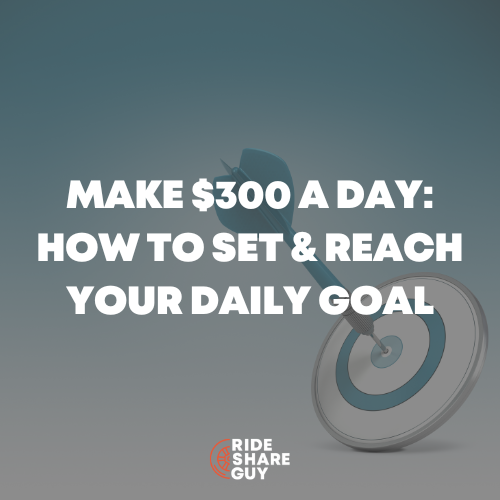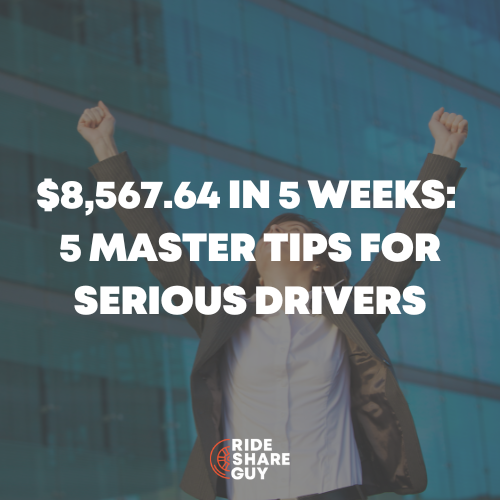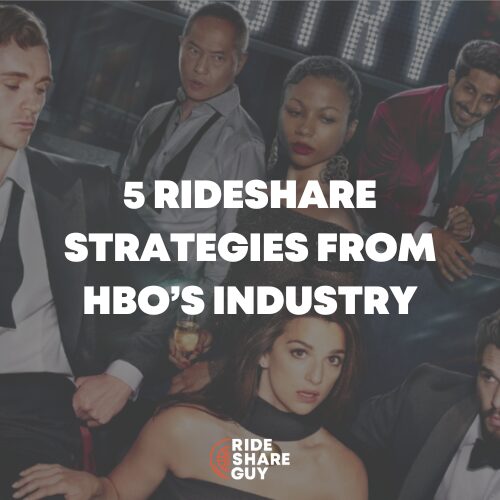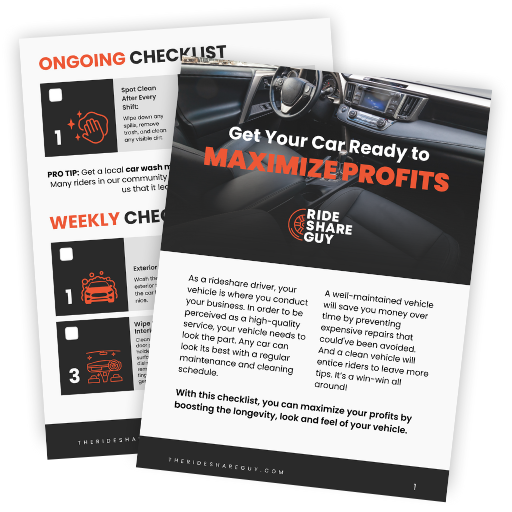There’s no denying the fact that there is a lot of turnover in this industry. 50% of Uber drivers quit after just one year and at times, it feels like the TNCs could care less about its drivers. Today, Senior RSG contributor, Scott Van Maldegiam explores why that it is and provides some insight for staying positive and figuring out ways to make things work for you as a driver.
Let’s face it… There is a lot of negativity in the driver community. Of course, there is good reason for some of that negativity as our income continues to dwindle and more and more drivers continue to be recruited. But this is an article about staying positive.
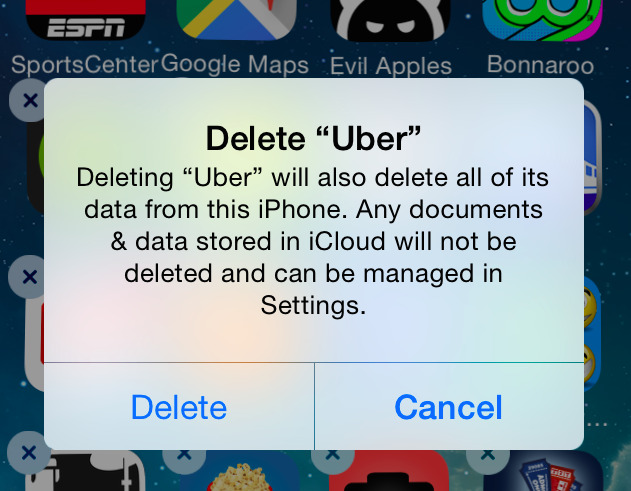
First Step
The first step in a twelve step program is to admit powerlessness. We are somewhat powerless to change the way Uber, Lyft and Sidecar operate. This is especially true since we are independent contractors. We can make suggestions and recommendations on what we would like to see changed, but in the end, we have no power to approve these changes.
Related Article: 10 Features That I’d Like To See Uber Add To Help Its Drivers
Rideshare companies are in this for themselves and will only do the things they feel are necessary to help their businesses grow. Does Lyft have the tip feature because it wants to be nicer to their drivers? No, this is a business decision that they believe will help recruit more drivers to their platform.
I have seen countless protests and strikes where none of them accomplished anything other than providing Uber with free publicity. At this point in Uber’s growth, any publicity that puts the word Uber in the average person’s mind is good publicity. It’s also proven nearly impossible to wrangle enough of the driving population to make a dent in Uber’s supply/demand curve.
As St. Francis said many years ago:
“Lord, grant me the strength to accept the things I cannot change,
the courage to change the things I can,
and the wisdom to know the difference.”
Seven Habits of Effective People
Shortly after I got out of college, I read the book “7 Habits of Effective People“. It changed me for the better and shortly after I started implementing all the things I learned from the book. Here are the habits that are very relevant to the rideshare driver plight:
- Habit 1: Be Proactive. Change starts from within, and highly effective people make the decision to improve their lives through the things that they can influence rather than by simply reacting to external forces. It is very easy to get upset about things Uber does and decisions they have made, but in the end, it only hurts us.
- Habit 4: Think Win/Win. Seek agreements and relationships that are mutually beneficial. In cases where a “win/win” deal cannot be achieved, accept the fact that agreeing to make “no deal” may be the best alternative. I know this may be tough as we all need to make money, but if you reach your breaking point, it may be time to seek out other opportunities, specifically, other driving opportunities, or maybe just take a break from driving. I am not advocating anyone to quit. It is up to every one of us to decide the point in which it isn’t worth it for us to be a rideshare driver any more.
- Habit 5: Seek First to Understand, Then to Be Understood. Put yourself in Uber’s shoes and think about the decisions they need to make. Their goal is to make more money for Uber and not to make more money for the drivers. The second part of this (“to be understood”) assumes the other party is listening and in this case, they aren’t.
Having these things in mind will put you back in control of your own destiny. Decide what you want to do with the way things are now.
Game Changers
Rideshare is a constantly changing business. What are the biggest factors to your future as a driver?
The Economy
If I had to point to one thing that has helped rideshare to grow so fast is the poor economy. The improving economy will have a desirable affect on drivers. Here is what I believe will happen as the economy continues to improve:
- Reduction in driver hours – Drivers will have a greater probability in finding better employment opportunities than driving for Uber as the economy improves. Drivers that find better employment will have fewer hours to drive or may decide not to drive at all.
- Harder to recruit new drivers – With more people gaining better employment, it will be harder for the rideshare companies to sign up new drivers.
And the effects of this will be:
- Increased amount of Surge and PT – As demand increases, supply will not be able to keep up. This means that, initially, Surge and Prime Time pricing will increase. This means more money in the pockets of drivers who know when and where to drive.
- Increased fares – The rideshare companies know that people are more likely to request a ride if there isn’t surge pricing. Nobody likes to pay a premium. When the rideshare companies see the analytics that show that surge is affecting their revenue, they will increase fares.
Driver Strategies
Decide to take the bull by the horns and figure out how to make the best of the rideshare environment we are in.
- Drive only when there is the greatest income potential – I was looking at various weekly pay summaries today in the Chicago Facebook group and it was amazing to see the variability in fares per hour. Some guys have really figured out the best times and places to drive.
- Promote a business – It isn’t hard to get into a conversation of what the passenger does and what you do for a living outside of rideshare. Promote what you do to your passengers. You never know when someone who is in your car will need your services or products.
- Network – Along the same lines as promoting a business, networking with your passengers is another way to help you financially. Whether it is networking to find a new job or networking to land that next contract or sale, there are very few places where you have someone to network with who is a captive audience.
Closing thought…
You would think that the rideshare companies would value our perspective as drivers. Lyft and Uber have demonstrated how they feel about driver input. For those Star Trek fans, I view Lyft as the Federation (different opinions are welcomed) and Uber as the Borg (resistance is futile).
Uber believes that they have hired extremely smart people and drivers suggestions couldn’t possibly come up with any better ideas. On the other hand, Lyft has been receptive to driver ideas and implemented some of them but only when it also benefited Lyft.
Have you had it with driving for rideshare and ready to throw in the towel? Do you have other ideas that have helped you keep a positive attitude about driving?
